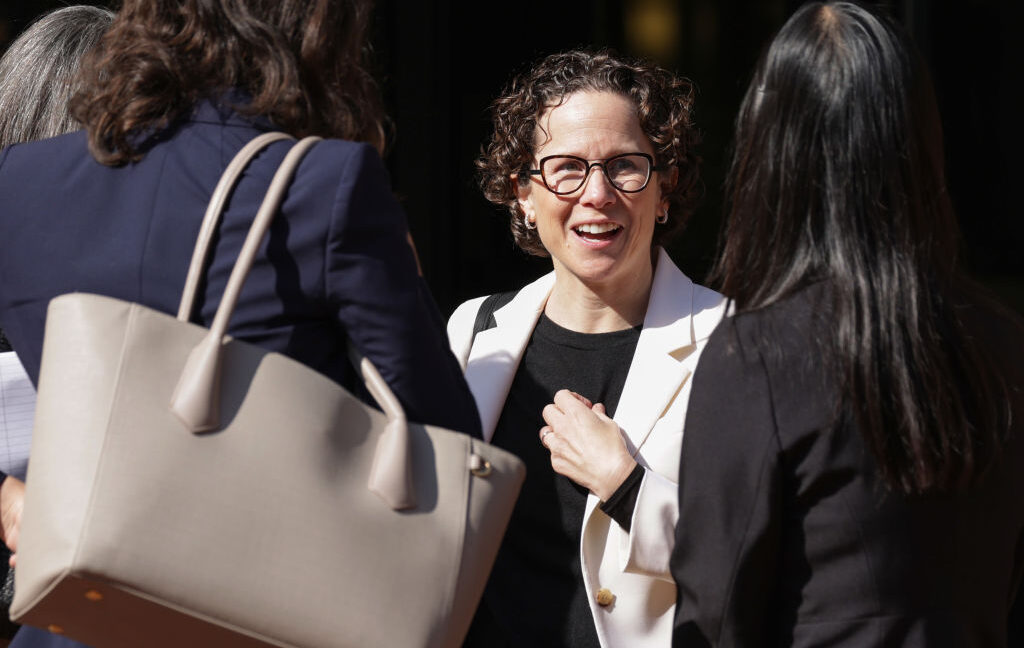
One of the fastest monopoly trials on record wound down Monday, as US District Court Judge Leonie Brinkema heard closing arguments on Google’s alleged monopoly in a case over the company’s ad tech.
Department of Justice lawyer Aaron Teitelbaum kicked things off by telling Brinkema that Google “rigged” ad auctions, allegedly controlling “multiple parts” of services used to place ads all over the Internet, unfairly advantaging itself in three markets, The New York Times reported.
“Google is once, twice, three times a monopolist,” Teitelbaum said, while reinforcing that “these are the markets that make the free and open Internet possible.”
Teitelbaum likened Google to a “predator,” preying on publishers that allegedly had no viable other options for ad revenue but to stick with Google’s products. An executive for News Corp. testified that the news organization felt it was being held “hostage” because it risked losing $9 million in 2017 if it walked away from Google’s advertising platform.
Brinkema, who wasted no time and frequently urged lawyers to avoid repeating themselves or dragging out litigation with unnecessary testimony throughout the trial, reportedly pushed back.
In one instance she asked, “What would happen if a company had produced the best product,” but Teitelbaum rejected the idea that Google’s ad tech platform had competed on the merits.
“The problem is Google hasn’t done that,” Teitelbaum said, alleging that instead better emerging products “died out,” unable to compete on the merits.
According to Vidushi Dyall, the director of legal analysis for the Chamber of Progress (a trade group representing Google), this lack of advertiser testimony or evidence of better products could be key flaws in the DOJ’s argument. When Brinkema asked what better products Google had stamped out, the DOJ came up blank, Dyall posted in a thread on X (formerly Twitter).
Further, Dyall wrote, Brinkema “noted that the DOJ’s case was notably absent of direct testimony from advertisers.” The judge apparently criticized the DOJ for focusing too much on how publishers were harmed while providing “no direct evidence about advertisers and how satisfied/dissatisfied they are with the system,” Dyall wrote.